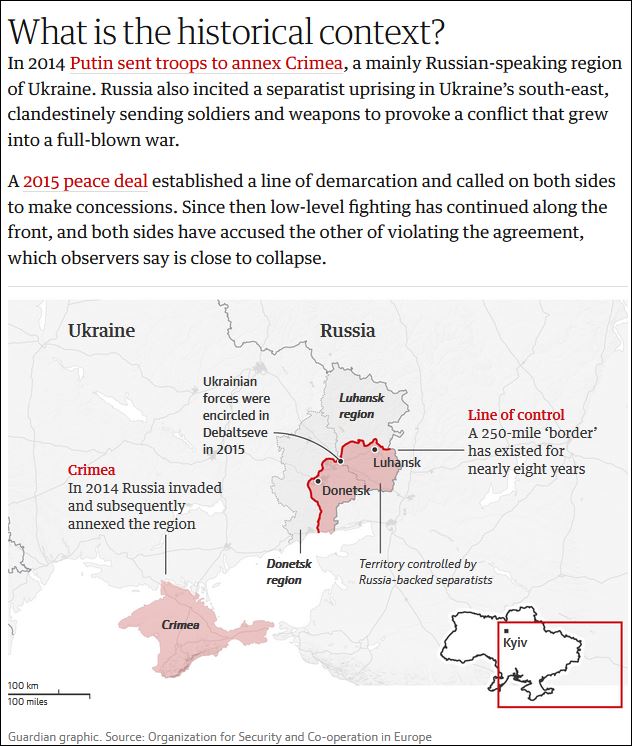
An absolute must-listen #AlexeiSayle intervew with Richard Sanders, one of the makers of Al Jazeera's #LabourFiles.
* Takes apart how antisemitism was deployed as 'the perfect weapon' to destroy Jeremy Corbyn's chances of becoming PM.
* Keir Starmer's capitulation to the Israel lobby and shift to the right.
* Keir Starmer's capitulation to the Israel lobby and shift to the right.
* Addresses the almost universal silence in response to the #LabourFiles series.
* Ends on a hopeful note because the media and politics cannot endlessly ignore the large part of the UK population who hold left-leaning views.
* Ends on a hopeful note because the media and politics cannot endlessly ignore the large part of the UK population who hold left-leaning views.
Our recent media alert:
'Mass Media Omertà: Burying Al Jazeera’s "The Labour Files"'
#LabourFiles
medialens.org/2022/mass-medi…
'Mass Media Omertà: Burying Al Jazeera’s "The Labour Files"'
#LabourFiles
medialens.org/2022/mass-medi…
And our earlier alert from 2020:
‘The People Have Spoken. Bastards’: Leaked Labour Report Shows Party’s Own Senior Staff Acted To Keep Corbyn Out Of Power
medialens.org/2020/the-peopl…
‘The People Have Spoken. Bastards’: Leaked Labour Report Shows Party’s Own Senior Staff Acted To Keep Corbyn Out Of Power
medialens.org/2020/the-peopl…
• • •
Missing some Tweet in this thread? You can try to
force a refresh






